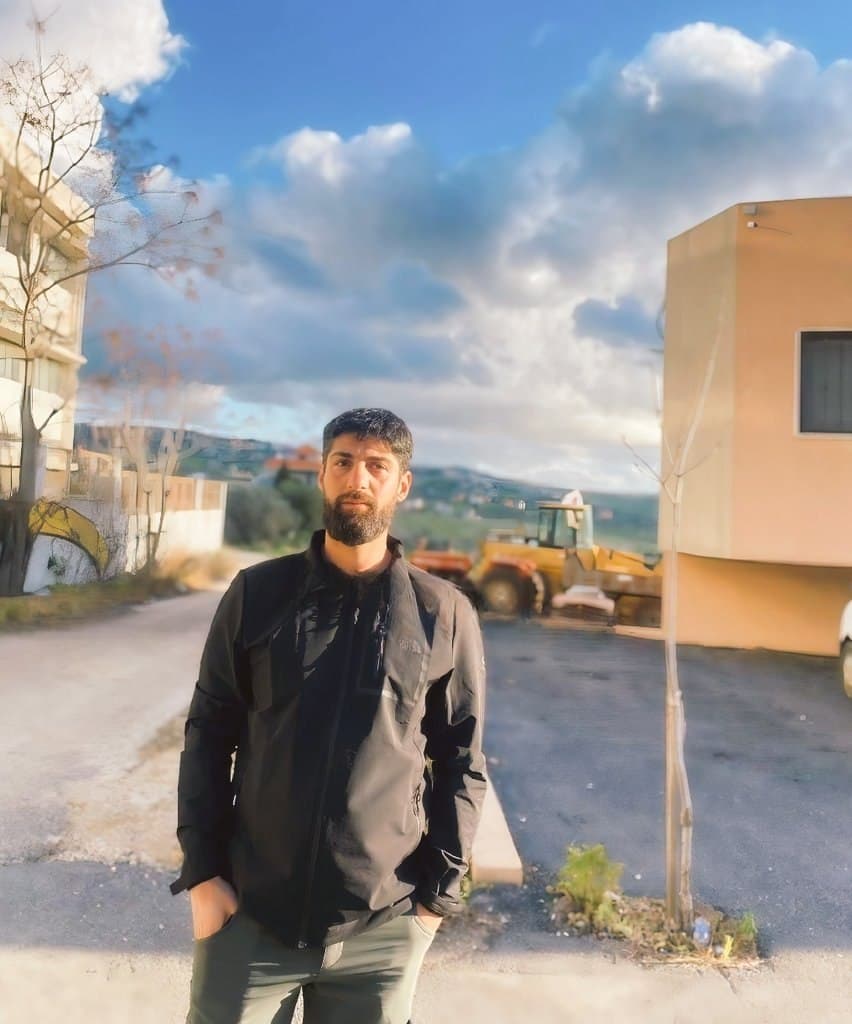Breaking: Hezbollah Fighter Killed in Israeli Drone Strike in Lebanon
DEIR SIRIANE, Lebanon – In a significant escalation of tensions in the region, Salim Salman Al-Khatib, a Hezbollah fighter from the southern Lebanese town of Deir Siriane, was killed in an Israeli drone strike targeting a motorcycle earlier today. Al-Khatib, who is reportedly the brother of fighters Ali and Ahmad Salman Al-Khatib, was pronounced dead at the scene, prompting a swift response from Hezbollah and raising concerns about further retaliatory actions.
Details of the Incident
The Israeli drone strike occurred in the early morning hours, striking a motorcycle believed to be carrying Al-Khatib. Local sources confirm that the strike was precise, indicating the use of advanced reconnaissance capabilities by Israeli forces. This incident marks a continuation of violent exchanges between Hezbollah and Israel, both of which have seen heightened military activity in recent weeks.
According to eyewitness reports, the explosion was heard across the town, causing panic among residents. "It was a loud bang, followed by smoke rising into the sky," said a local shopkeeper who witnessed the incident. The Lebanese National News Agency has stated that Israeli forces have increased their operations along the border, further complicating an already volatile situation.
Why This Matters: Regional Implications
The killing of Salim Al-Khatib may have far-reaching implications for the already fragile stability in southern Lebanon. Hezbollah has vowed to retaliate against Israeli strikes, and this incident could ignite further hostilities in an area that has been relatively quiet in recent months. Analysts suggest that such targeted strikes by Israel are part of a broader strategy to weaken Hezbollah’s operational capabilities.
"Israel is clearly sending a message that it will not tolerate Hezbollah"s military actions," said Dr. Omar Khalil, a regional security expert. "This could lead to a cycle of retaliation that escalates quickly." The strike also raises questions about the effectiveness of diplomatic efforts aimed at de-escalating tensions between the two parties.
Next Steps: What Lies Ahead
In the wake of Al-Khatib"s death, Hezbollah is likely to convene its leadership to discuss potential responses. Sources within the group have hinted at a possible military retaliation, although the specifics remain unclear. The situation is being closely monitored by international observers, as any escalation could draw in neighboring countries and affect regional stability.
Moreover, the international community is urged to address the ongoing conflict and seek a diplomatic resolution to prevent further violence. As previously reported, the recent developments in the region highlight the urgent need for renewed dialogue between Israel and Hezbollah to avoid a larger confrontation. For more details, see our related coverage.
As the situation unfolds, local and international stakeholders will be watching closely for signs of escalation or de-escalation in the coming days. The ramifications of this attack could set the stage for the next chapter in the ongoing conflict between Hezbollah and Israel, impacting not only Lebanon but the broader Middle Eastern geopolitical landscape.


![[Video] Heavy clashes and gunfire reported in Baghdad, Iraq](/_next/image?url=%2Fapi%2Fimage%2Fthumbnails%2Fthumbnail-1768342239932-848qsh-thumbnail.jpg&w=3840&q=75)




![[Video] Gunfire between Iraqi security forces and Sadr militias in Baghdad](/_next/image?url=%2Fapi%2Fimage%2Fthumbnails%2Fthumbnail-1768343508874-4redb-thumbnail.jpg&w=3840&q=75)
